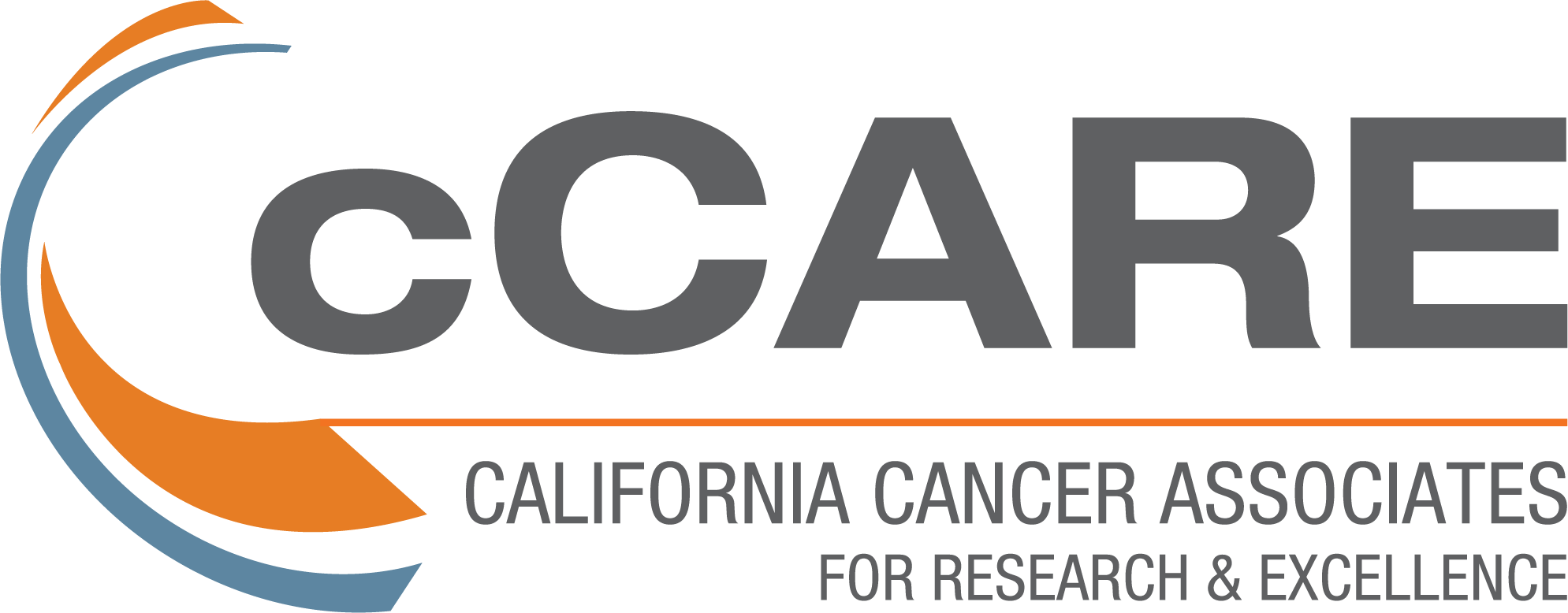Hormone therapy for cancer at a glance
- Hormone therapy is a type of treatment used to block or eliminate hormones from the body to slow or prevent the growth of certain types of cancer cells.
- It may also be used to keep cancers from returning and to lessen the symptoms of advanced prostate cancer in men.
- Hormone therapy fights various forms of cancer because the growth of those cancers can be caused or heightened by the body’s existing hormones.
- This therapy is commonly used for breast, prostate, kidney and other cancers.
- In most cases, medications used in this therapy prevent cancer cells from feeding on the hormones they need to grow.
What is hormone therapy for cancer?
Oncologists use hormone therapy to treat certain cancers that grow by feeding off the body’s natural hormones. The therapy usually involves blocking those hormones from interacting with the cancer cells or stopping the body from producing the hormones that nourish the cancer’s growth. Hormone therapy can also reduce symptoms in men with prostate cancer who cannot be treated by surgery or radiation.
This type of therapy is most often used as a secondary, or adjuvant, therapy to help reduce the risk of the cancer coming back after surgery. It can also be used to decrease the size of a tumor before radiation or surgery, in which case it is called a neo-adjuvant therapy. It can also be used to treat cancer that has spread.
The body’s endocrine system, which includes the pancreas, pituitary, thyroid and adrenal glands, produces chemical compounds called hormones. These compounds travel through the bloodstream and regulate nearly every cell’s function in the body. Hormones include estrogen, testosterone, insulin, cortisol, thyroid and epinephrine.
Hormone therapy does not work for all types of cancer. Doctors use this therapy for people with cancers that are hormone sensitive or hormone dependent. This generally means the cells in which the cancer appears are hormone sensitive even before cancer.
Oncologists use hormone therapy to treat breast, prostate and kidney cancers, which have been shown in clinical trials to respond to the treatment. In fact, hormone therapy is often just as effective as chemotherapy in treating some breast and prostate cancers.
Scientists continue to conduct research into other types of cancer that may respond to hormone therapy. Cancers that can be hormone sensitive include:
- Breast
- Prostate
- Kidney
- Ovarian
- Vaginal
- Cervical
- Uterine or endometrial
- Liver.
Research indicates that hormones serve as fuel for some cancers that may rely on hormones to grow. Hormones stimulate tissues prone to growth much like those found in the prostate gland or breasts. For example, when cancer appears in prostate or breast tissue, the cancer can spread and grow, likely caused by the body’s own hormones.
Therefore, removing the possibility of hormones interacting with cancers is the goal of hormone therapy. This may involve using drugs that alter hormonal function or inhibit hormonal production entirely. This therapy may also involve elimination of organs that secrete hormones, such as testicles or ovaries.
Much like chemotherapy, therapy using hormones is systemic in that it is intended to alter cancer cells in the whole body. Blocking the action of these hormones could possibly stop the cancer from growing. Oncologists achieve this in two primary ways.
- Blocking the action of hormones. Some cancer cells have receptors on them that certain hormones bind to, triggering more growth inside the cancer cell. Oncologists can administer another chemical compound that attaches to the receptor first, preventing the hormone from connecting to the cell’s receptor. This essentially leaves the hormone with no place to attach to the cancer cell and activate its growth. Blocking can also be done by using medications to alter or remove the cancer cell’s receptor.
- Stopping hormone production. This is accomplished with medication that blocks hormone production or with surgery that removes the organ that produces the hormone. For example, the ovaries produce estrogen that accelerates breast cancer, and removal of the ovaries (oophorectomy) can slow or stop the growth of breast cancer.
Hormone therapy to treat certain cancers is not the same kind of therapy used to treat menopause, which is referred to as hormone replacement therapy. That type of therapy is used to reduce menopause symptoms by replacing the hormones a woman’s body no longer makes.

Rewriting the Cancer Story
With Breast Cancer, There Are No Dumb Questions
cCARE patient Yesenia recounts her battle to overcome breast cancer with the help of her friends, family and oncologist, Dr. Hager.
Read MoreHow is hormone therapy administered?
Some patients take the therapy at home, and others in a doctor’s office or in a clinic. The type of therapy the patient receives determines where it will be administered.
Oncologists have various ways to administer hormone therapy. The three most often used are:
- Oral medications
- Injecting medications under the skin (subcutaneous) or in the muscle (intramuscular)
- Surgery to remove a woman’s ovaries or a man’s testicles to stop or reduce production of hormones that fuel breast and prostate cancers.
Doctors can tell if hormone therapy for prostate cancer is working by a reduction in the man’s level of the prostate-specific antigen (PSA). Breast cancer patients will have regular exams and mammograms to determine if their therapy is working.
Side effects of the therapy
Hormone therapy affects how patients feel in different ways, depending on various factors. These include the type and extent of the cancer, the type of therapy used and the dosages given.
The side effects of hormone therapy also depend on gender and the type of therapy the male or female take. Women undergoing hormonal therapy for breast cancer experience side effects such as:
- Tiredness
- Menopausal symptoms
- Thinning hair
- Loss of interest in sex
- Weight gain
- Headaches
- Blood clots
- Mood swings.
Men undergoing hormonal therapy may have side effects such as:
- Tiredness
- Erectile problems
- Weight gain
- Hot flashes
- Bone changes
- Nausea and/or diarrhea
- Higher risk of heart attack.
Schedule an appointment
Speak with one of our oncologists to determine whether or not hormone therapy is right for you. Contact cCARE today to set up an appointment.
